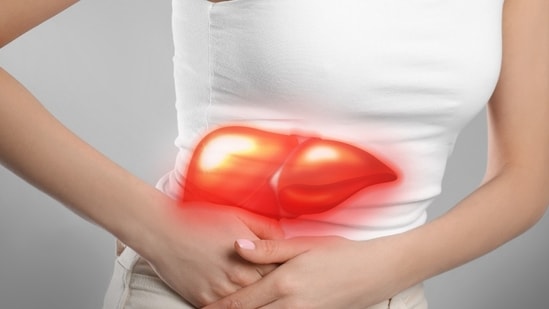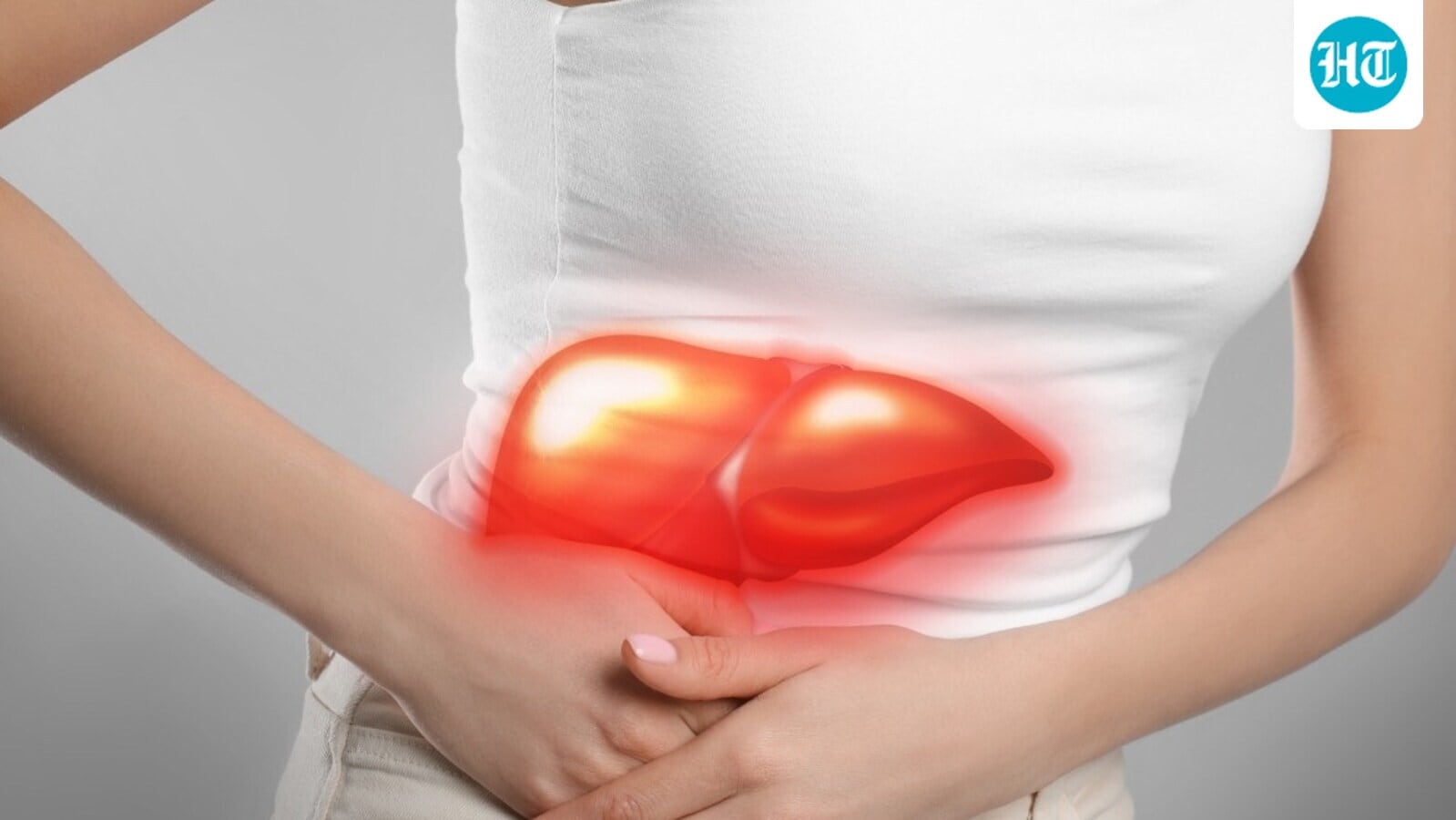While Ayurveda, an ancient Indian system of medicine, claims to offer promising treatments for several diseases, it’s essential to approach these treatments with caution. Dr Cyriac Abby Philips, a hepatologist from Rajagiri Hospital, Kochi, who is also known as The Liver Doc on social media, highlighted this in a March 18 Instagram post. Also read | Hepatologist says ‘Ayurvedic advice of combining dairy and fruit being toxic is nonsense’
 Dr Cyriac Abby Philips shared a case of a 14-year-old girl and said she suffered severe liver damage due to Ayurvedic treatment for epilepsy. (Representative picture: Adobe Stock)
Dr Cyriac Abby Philips shared a case of a 14-year-old girl and said she suffered severe liver damage due to Ayurvedic treatment for epilepsy. (Representative picture: Adobe Stock)
Dr Philips shared a concerning case of a 14-year-old girl who suffered severe liver damage, reportedly due to Ayurvedic treatment for epilepsy. He said, “A girl child nearly died because of Ayurveda treatment.” As per Cleveland Clinic, there are three types of liver disease related to alcohol consumption: fatty liver, alcoholic hepatitis, or cirrhosis.
The girl was on Ayurvedic medications for seizures
In the video he posted, Dr Philips said, “So we had — I had a 14-year-old girl who came in with severe liver injury — I mean severe jaundice and hepatitis. And ultimately, we figured out that the reason for her jaundice and hepatitis was because of alcoholic liver injury and severe arsenic — chronic arsenic poisoning. And it was all from a large number of Ayurvedic formulations that she was being put on by an Ayurveda group… it’s in Kerala only. So they were treating her for epilepsy — for seizures.”
‘She got poisoned with arsenic in course of five years’
He shared that the girl was on eight to nine Ayurvedic medications for five years, which alledgedly contained high levels of arsenic and alcohol, leading to chronic arsenic poisoning and alcoholic liver disease.
“She was on these Ayurvedic — about eight or nine of these Ayurveda medications — for about five years. And some of them were kashayas, which contained alcohol, which we analysed and found out. And a lot of the bhasmas and churnas — the powdered Ayurvedic formulations that she was on — contained high levels of arsenic. So she got poisoned with arsenic in the due course of five years, and she got an alcoholic liver disease… in a 14-year-old. Can you imagine? Alcoholic liver disease in a 14-year-old girl — because of Ayurveda,” Dr Philips added.
‘People can develop different types of cancers’
He concluded, “And now she has to be on lifelong surveillance because of chronic arsenic toxicity. People can develop different types of cancers of the skin, lung, and liver in the long term — they don’t come up now, they come up much later. So this girl is on lifelong follow-up just because this man gave her these medications, which were untested, non-evidence-based, and contaminated.”
The case Dr Philips shared highlights the potential risks associated with certain Ayurvedic formulations. He wrote in his caption: “Herbal and dietary supplements liver injury is on the rise. In the USA, an eightfold increase in liver transplantation rate was due to herbal supplements, and in mainland China, the commonest cause of drug-induced liver injury and liver failure is from traditional Chinese medicine.”
He further wrote, “In India only very few clinical researchers work on this topic and so we do not have real numbers of patients suffering from herbal liver injury, because most of the herbal supplements used come under the purview of Ayurveda which has religious, cultural and traditional sentiments attached to it, which makes it dangerous for doctors to publicly research on this topic, fearing lawsuits, libel and harassment from private and public alternative medicine practitioners, companies and industry.”
Note to readers: This report is based on user-generated content from social media. HT.com has not independently verified the claims and does not endorse them.
This article is for informational purposes only and not a substitute for professional medical advice.

